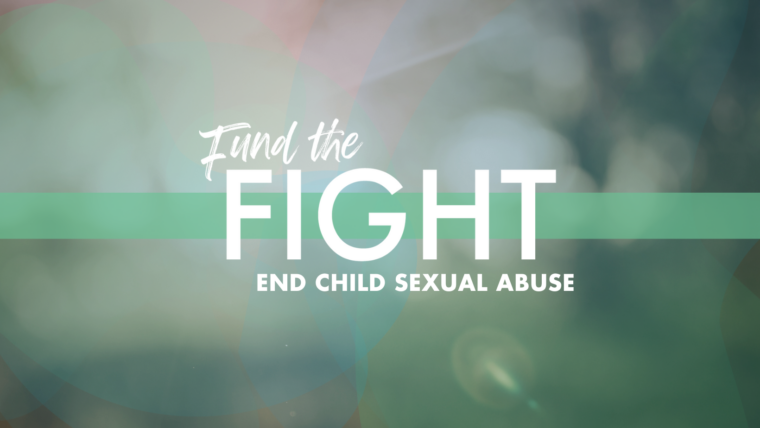Don’t expect obvious signs when a child is being sexually abused. Signs are often there, but you have to know what to look for.
Signs that a child is being sexually abused are often present, but they can be indistinguishable from other signs of child stress, distress, or trauma.
Learn the Signs
- Physical signs of sexual abuse are not common, although redness, rashes/swelling in the genital area, urinary tract infections, or other such symptoms should be carefully investigated. Also, physical issues associated with anxiety, such as chronic stomach pain or headaches, may occur.
- Emotional or behavioral signals are more common:
- “Too perfect” or overly compliant behavior
- Behavioral problems, physical aggression, non-compliance, and rebellion
- Anxiety, depression, fear, withdrawal, and suicidal thoughts
- Nightmares, bed-wetting, bullying, and cruelty to animals
- Lack of interest in friends, sports, and other activities
- Sexual behavior and language that are not age-appropriate
- Be aware that in some children there are no signs whatsoever.
If you find physical signs that you suspect are sexual abuse, have the child physically examined immediately by a professional who specializes in child sexual abuse
Use a Children’s Advocacy Center whenever possible for physical exams and psychological evaluation and treatment.
Children’s Advocacy Centers provide trauma-sensitive, child-friendly, safe places for families to seek help. To find a center near you, contact the National Children’s Alliance at http://www.nca-online.org/ or call 1-800-239-9950. If you don’t have a center near you, call Child Protective Services or law enforcement in your area.
The opportunity to convict someone who has sexually abused a child may depend on evidence from a professional examination.


